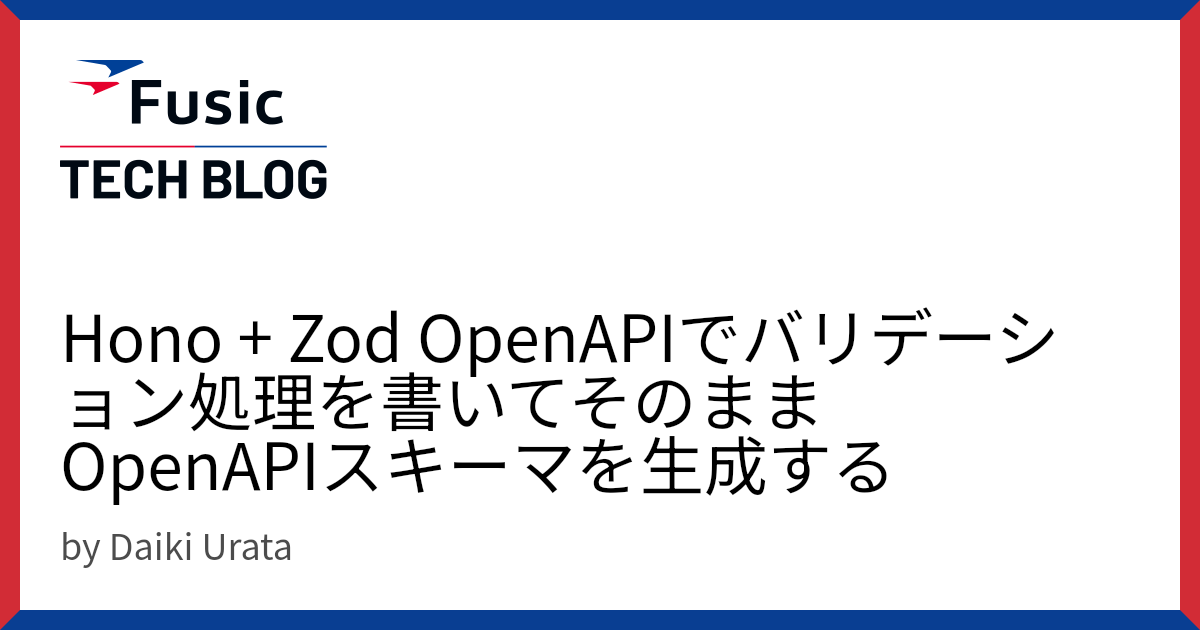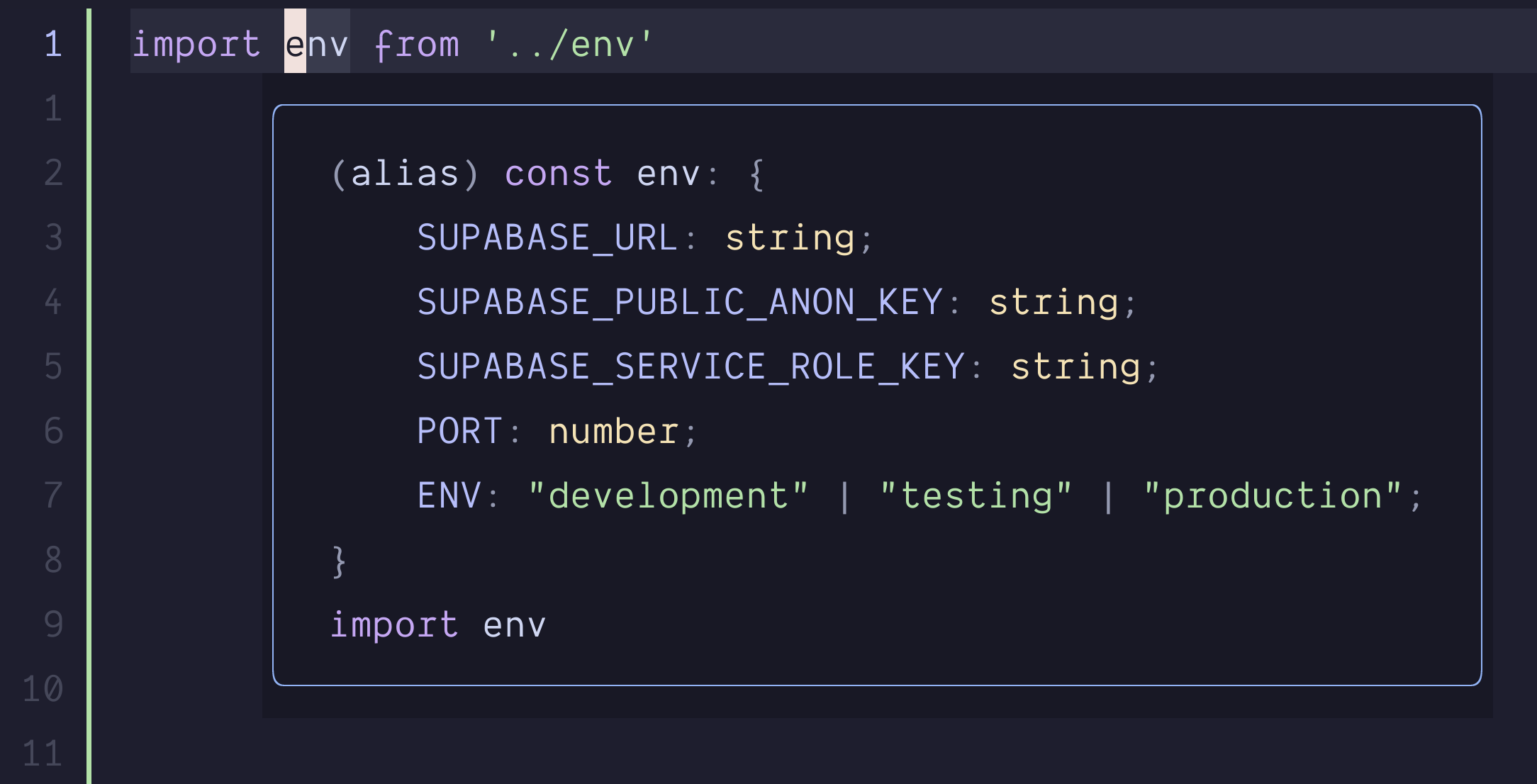Hono, a fast and lightweight web framework for Bun, often pairs well with Zod for robust input validation. However, achieving seamless type safety while using Zod middleware in Hono can present unexpected challenges. This post delves into these issues, offering solutions and best practices to maintain type safety throughout your Hono application.
Navigating Type Safety Hiccups with Hono and Zod
Integrating Zod for validation within Hono’s middleware pipeline is generally straightforward. However, the process isn’t always as type-safe as one might expect. The primary challenge lies in how Hono handles request bodies and the subsequent type inference from Zod’s parsing results. This can lead to situations where the type system isn’t as strict as developers might anticipate, potentially resulting in runtime errors that could have been caught during development. Properly handling asynchronous operations and ensuring consistent type handling across middleware layers is crucial for preventing these issues. This often requires careful consideration of how you structure your Zod schemas and how you integrate them into your Hono middleware.
Addressing Inconsistent Type Inference
One common issue stems from how Zod’s parseAsync function handles asynchronous operations. The result of parseAsync is a Promise, which needs careful handling to ensure type safety. Forgetting to properly await this Promise or mishandling potential errors can lead to type errors downstream. Furthermore, type assertions (like as in TypeScript) are sometimes necessary, but overuse can weaken the type safety benefits. A balance must be struck between utilizing assertions to guide the type system when necessary and relying on Zod’s robust parsing capabilities. It’s critical to always handle potential errors from parseAsync gracefully and ensure your error handling also maintains type safety.
Strategies for Robust Type Safety in Hono Zod Middleware
To mitigate the type safety challenges, several strategies can be employed. Implementing custom middleware functions which explicitly handle the async nature of Zod’s parsing and returning consistent types is one approach. Another involves using TypeScript’s conditional types or discriminated unions to model the different potential outcomes of the validation process, including both success and failure scenarios. By comprehensively handling these situations, you can ensure type safety throughout your application logic.
Utilizing Custom Middleware for Enhanced Type Control
Creating a custom middleware function dedicated to Zod validation enhances type safety. This middleware can encapsulate the async validation logic, handle errors gracefully, and return a type-safe result. This improves maintainability and readability while significantly reducing the chances of type-related errors. By creating this layer of abstraction, you can enforce type constraints and catch errors early in the process, before they affect other parts of your application. This approach allows for better control over the types involved and simplifies the integration of Zod into your middleware pipeline.
Example: Safe Zod Validation Middleware in Hono
Let’s illustrate with a practical example. The following code snippet demonstrates a custom Hono middleware function using Zod for type-safe validation. This method is preferable to directly using parseAsync within your route handler.
import { Hono } from 'hono'; import { z } from 'zod'; const app = new Hono(); const validateBody = async (c: any, schema: z.Schema) => { try { const body = await c.req.json(); const parsed = schema.parse(body); // Parse the body with Zod c.set('validatedBody', parsed); // Store validated data on the context return c.next(); } catch (error: any) { return c.json({ error: error.message }, 400); // Handle validation errors } }; app.use('/api/', validateBody(z.object({ name: z.string(), age: z.number() }))); app.post('/api/user', (c) => { const validatedBody = c.get('validatedBody') as { name: string; age: number }; // ... further processing with type-safe validatedBody ... return c.json({ message: User ${validatedBody.name} created }); }); export default app;
This example shows how to use a custom middleware to validate the request body and make the validated data available in the context, ensuring type safety throughout. Remember to install the necessary packages using npm install hono zod.
Conclusion
While integrating Zod with Hono offers significant advantages for input validation, maintaining type safety requires careful consideration. By implementing strategies like custom middleware and proactively handling asynchronous operations, developers can build robust and reliable Hono applications. Remember to always handle potential errors during Zod validation and test your middleware thoroughly. For further reading on advanced TypeScript techniques, check out the official TypeScript documentation and for more on Zod, consult the Zod documentation. Understanding these concepts is crucial for building high-quality, type-safe applications. Start building safer Hono apps today! Learn more about Hono.
#1 Hono + Zod OpenAPIOpenAPI

#2 @hono/openapi-zod openapi2aspida api

#3 Honovalidation

#4 Environment variables type safety and validation with Zod | creatures.sh

#5 webhook hono with zod validate

#6 Validation with Express.js middleware, fp-ts and Zod

#7 SvelteKit + Zod validation | Tabs Manager #8 - YouTube

#8 #47 JSX Middleware of Hono Framework - YouTube
